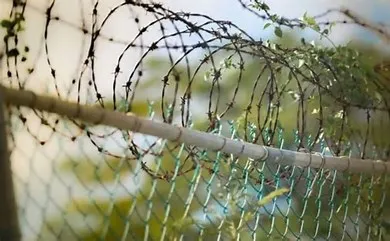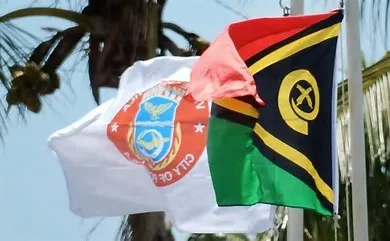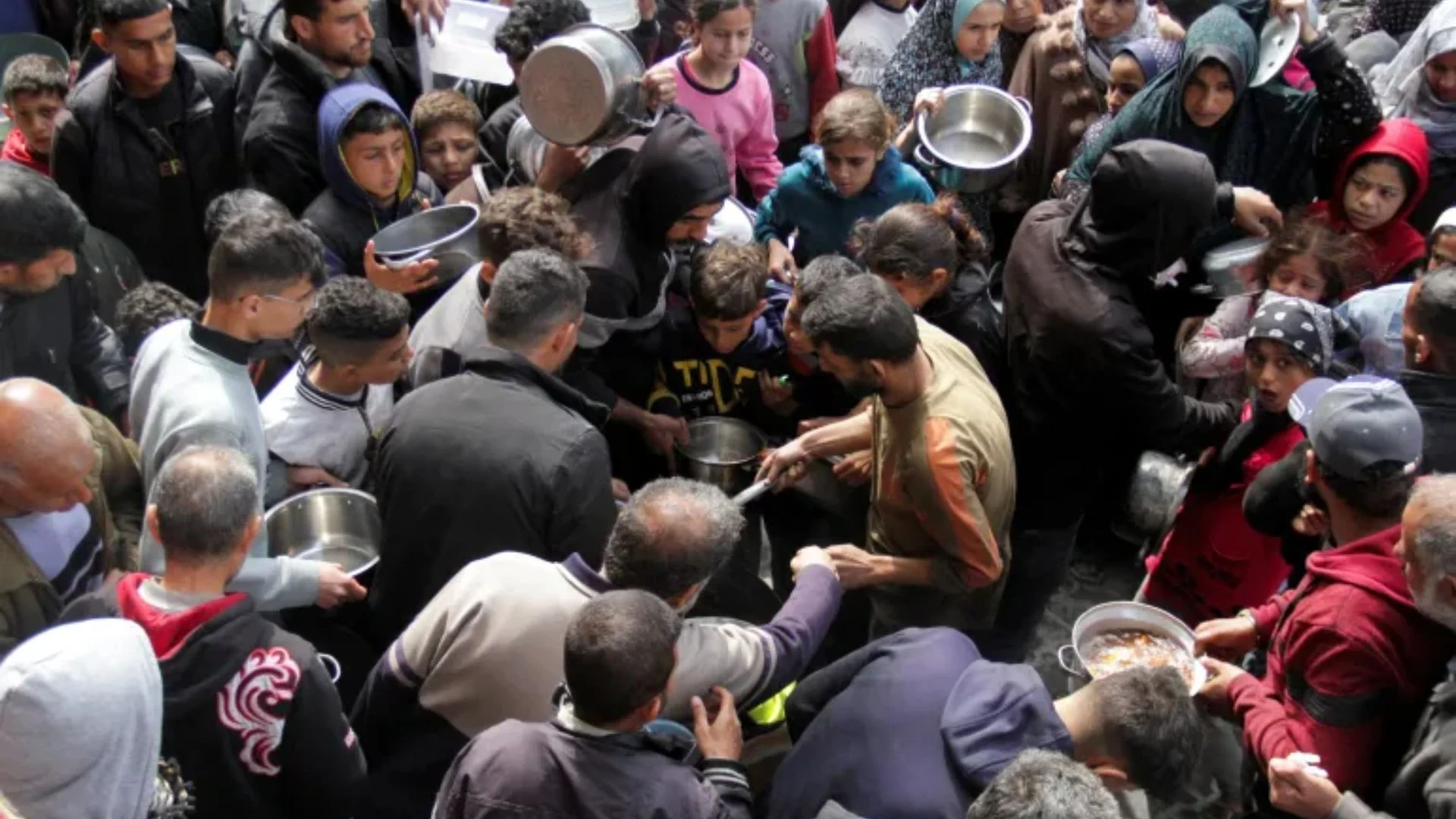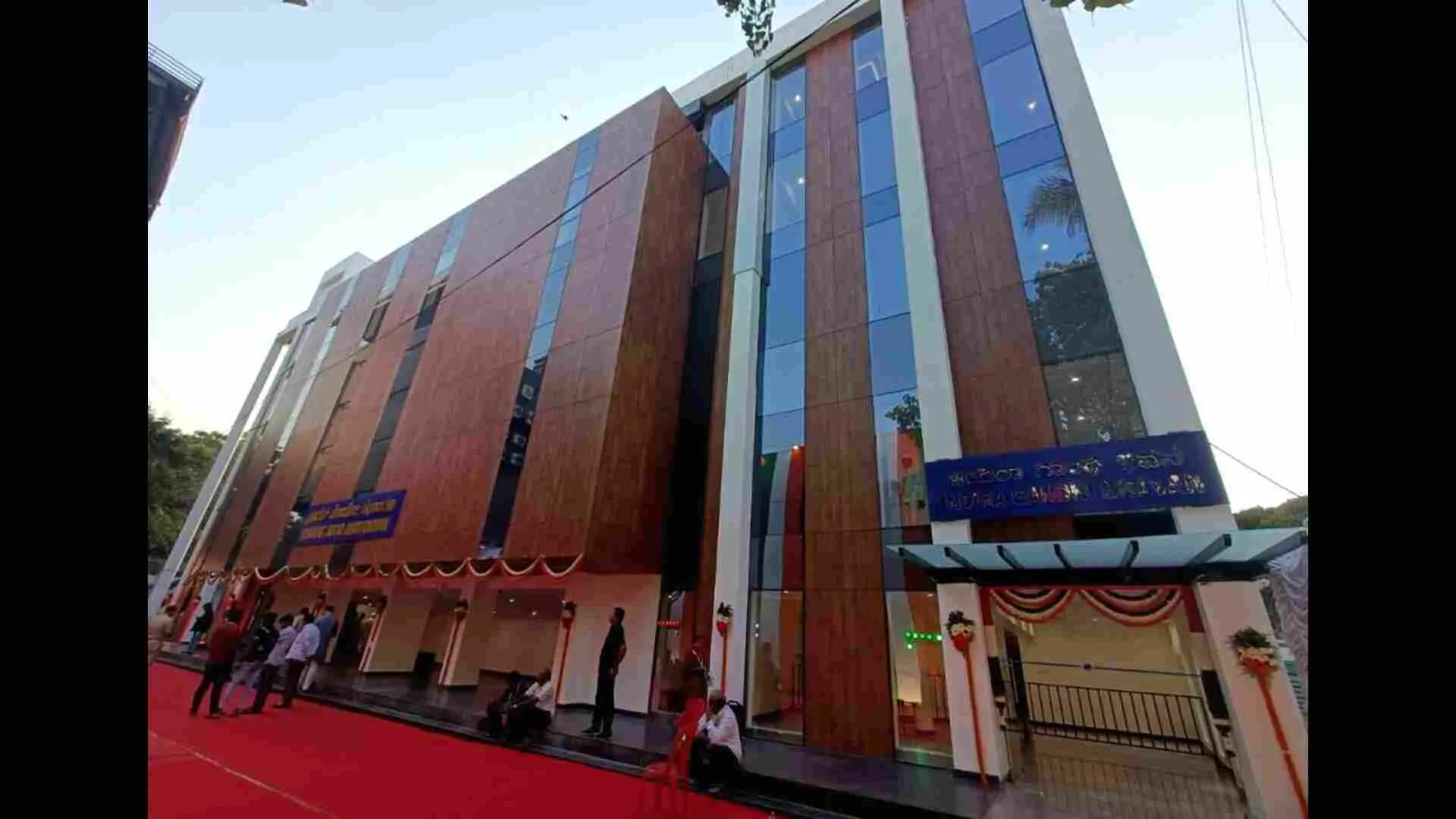The cleanliness system in Jaipur city may deteriorate next week. About 8 thousand sanitation workers of Jaipur Municipal Corporation Greater and Heritage may go on strike from January 23 next week. Angered by the non-recruitment of sanitation workers during the Gehlot government, the Safai Karmacharis Union has announced this. Officials and members of the Safai Karmachari Sangh have also called a meeting regarding this today.
Nandkishore Dandoria, President of the United Valmiki and Safai Workers Union, said that on January 10, he gave a memorandum to the Director Autonomous Government Department demanding to start the process for recruitment in three days. Even after three days, there was no hearing on our demand.
The previous Gehlot government had recruited sanitation workers for 13 thousand 184 posts, applications for which were also taken. Despite receiving the applications, the government is not taking any further action against them. Due to the recruitment process not starting, there is anger among the Valmiki community and sanitation workers in the entire state. Due to this, the last decisive movement meeting has been called on Tuesday. In this meeting, we have decided to go on strike from 23rd January.
At present, there are more than 8 thousand permanent employees in Municipal Corporation Greater and Heritage in Jaipur, who clean the city. In view of the consecration ceremony of Ram Lalla, the union has decided to go on strike from January 23. However, in the meantime, if the government talks to them and starts the recruitment process again, then the strike can be postponed.
Jaipur city is already suffering due to poor cleanliness in the country. In the recent cleanliness ranking of major cities of the country, Jaipur has been ranked above 170. If there is a strike from January 23, the situation in the city will become even worse.
Sanitation workers who don’t return to their primary work will face a salary freeze: Kharra
Autonomous Minister Jhabar Singh Kharra has stated that sanitation workers, inspectors, officers, and commissioners are responsible for the poor rankings of Rajasthan’s cities in cleanliness surveys.
He said, “The reason for this is that they all have not fulfilled their responsibilities properly. This is why Rajasthan’s cities did not receive good rankings in the cleanliness survey. After the formation of our government, planning has begun on how to make sanitation better. Its impact will be seen in the next cleanliness survey.”





















